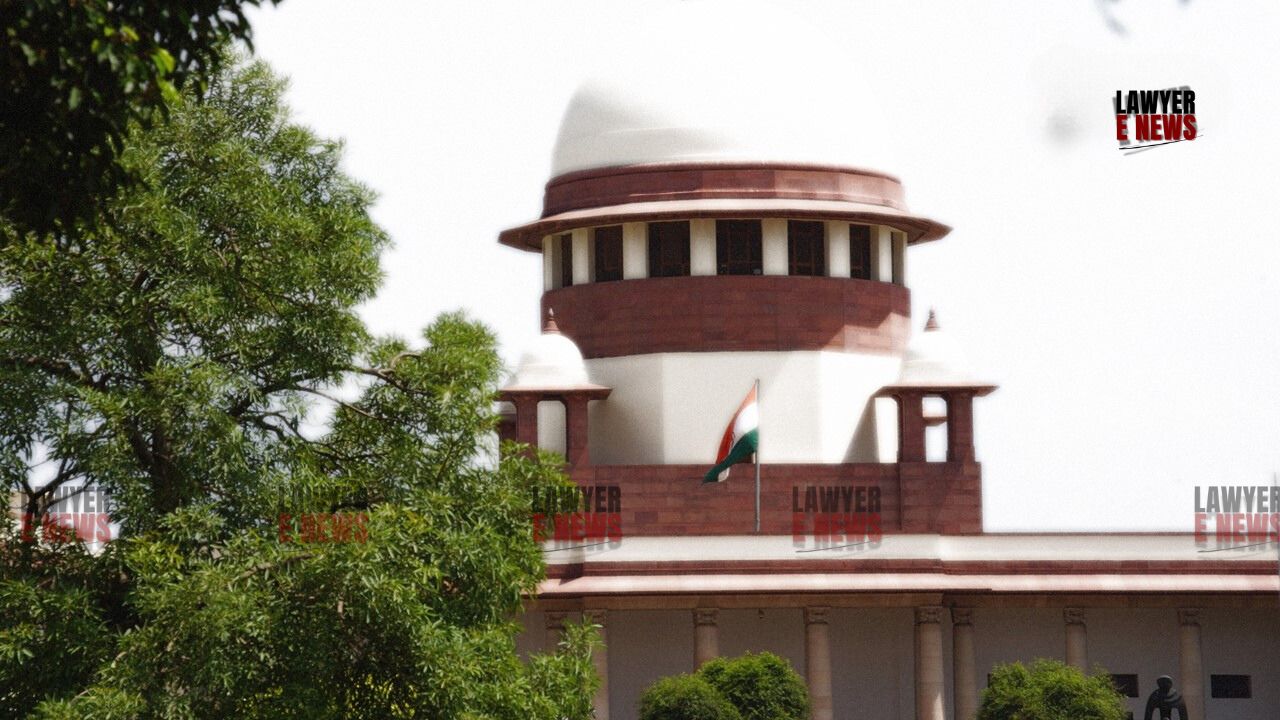-
by Admin
15 February 2026 5:35 AM



In a significant ruling, the Supreme Court of India has quashed the Genetic Engineering Appraisal Committee’s (GEAC) approval for the environmental release of the genetically modified mustard hybrid DMH-11. The judgment, delivered by a bench led by Justice B.V. Nagarathna, underscores the application of the "Public Trust Doctrine" and emphasizes the need for thorough risk assessment and transparency in the approval process of genetically modified (GM) crops.
The case revolved around the environmental release of the genetically modified mustard hybrid DMH-11 developed by the Centre for Genetic Manipulation of Crop Plants (CGMCP) at the University of Delhi. In October 2022, GEAC approved the environmental release of DMH-11, which led to widespread concerns regarding its potential impact on biodiversity, agriculture, and public health. Several petitions were filed challenging this approval, arguing that it violated the precautionary principle and lacked adequate safety evaluations.
The court noted several procedural lapses in the approval process, particularly highlighting the failure to conduct comprehensive long-term studies on the environmental and health impacts of DMH-11. "The decision-making process for the grant of approval for the environmental release of DMH-11 has violated the precautionary principle," stated Justice Nagarathna.
Justice Nagarathna emphasized the Public Trust Doctrine, asserting that the State is the trustee of all natural resources and has a duty to protect these resources for the public and future generations. "The government must act in the larger public interest and ensure that decisions impacting the environment are transparent, inclusive, and scientifically robust," the judgment noted.
The court criticized GEAC for not making the biosafety dossier publicly accessible, thereby undermining the right to environmental information. "Transparency is critical to preserving the integrity of the decision-making process. Public scrutiny would be crucial to evaluate the putative separation of interests and influence between scientific research and regulatory policy formulation," the court observed.
The judgment reiterated the principles established in previous landmark cases, including M.C. Mehta v. Union of India and Vellore Citizens’ Welfare Forum v. Union of India. It underscored that any decision affecting the environment must adhere to the precautionary principle, requiring rigorous risk assessments and inclusive public consultations.
Justice Nagarathna remarked, "Wisdom lies in precaution. As the upholder and protector of constitutional wisdom and values, this Court has no option but to hold that the decision-making process for the grant of approval for the environmental release of DMH-11 has violated the precautionary principle."
The Supreme Court's ruling is a landmark decision reinforcing the principles of environmental jurisprudence in India. By quashing the approval of GM mustard hybrid DMH-11, the court has highlighted the need for stringent safety evaluations, transparency, and adherence to the Public Trust Doctrine in the regulation of genetically modified crops. This judgment sets a precedent for future cases, ensuring that environmental and public health considerations are paramount in decision-making processes.
Date of Decision: July 23, 2024
Gene Campaign vs. Union of India & Ors. and Aruna Rodrigues vs. Union of India & Ors.
